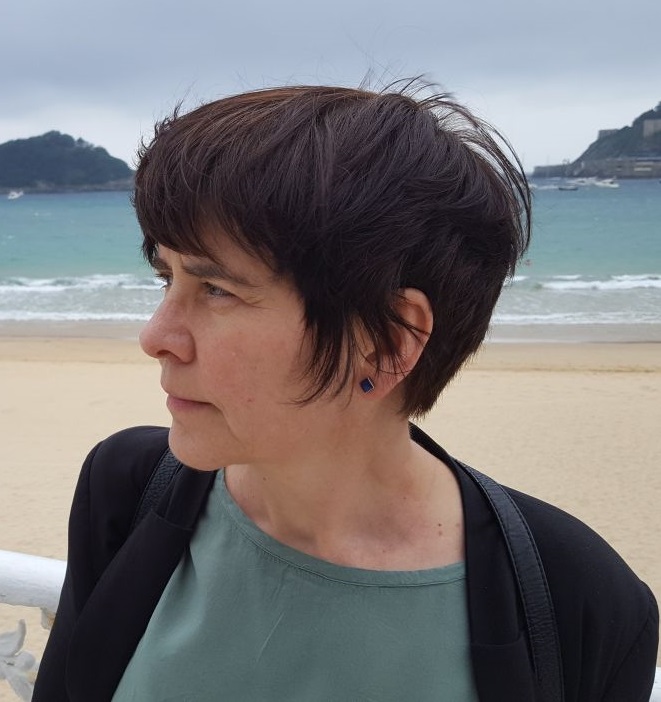One of the speakers at The Organic and the Normative conference is going to be Arantza Etxeberria Agiriano.
Arantza Etxeberria Agiriano is Full Professor of Philosophy of science the University of the Basque Country.. She studied Philosophy at the Complutense University of Madrid, and did her PhD at the University of the Basque Country. Then she had a postdoc at the University of Sussex. Recent undergraduate and postgraduate courses she has taught are in Philosophy of Science, History of Biology and Medicine, and Philosophy, Science and Society. She is a researcher at the IAS-Research Group on Life, Mind and Society, where he has been the Principal Investigator of various projects, such as one on Interidentities. Recently she has co-edited two journal monographic collections on Interidentity (Subject: “Interidentities in Life, Mind and Society” in Frontiers in Psychology, 2021) and on Sandra Mitchell’s philosophical work on the complexity of science and society in Theoria, 2024.
Among others some original works she has published over the past few years have been on interdependence relations between the agents involved in reproduction and biological Evolution. Research interests: Her work addresses philosophical challenges associated with the history of concepts of biological organization and autonomy, individuality, and the organism- environment relation, with special attention to reproduction and developmental evolution (evo-devo). She also has a special interest in the history and philosophy of organicism in biology and in artificial domains (AI, ALife), as well as in accounts of sex-gender classifications in biology and their normativity in medicine.
Highlighted Work
In this paper we examine aspects of Canguilhem’s philosophy of biology, concerning the knowledge of life and its consequences on science and vitalism. His concept of life stems from the idea of a living individual, endowed with creative subjectivity and norms, a Kantian view which “disconcerts logic”. In contrast, two different approaches ground naturalistic perspectives to explore the logic of life (Jacob) and the logic of the living individual (Maturana and Varela) in the 1970s. Although Canguilhem is closer to the second, there are divergences; for example, unlike them, he does not dismiss vitalism, often referring to it in his work and even at times describing himself as a vitalist. The reason may lie in their different views of science.
